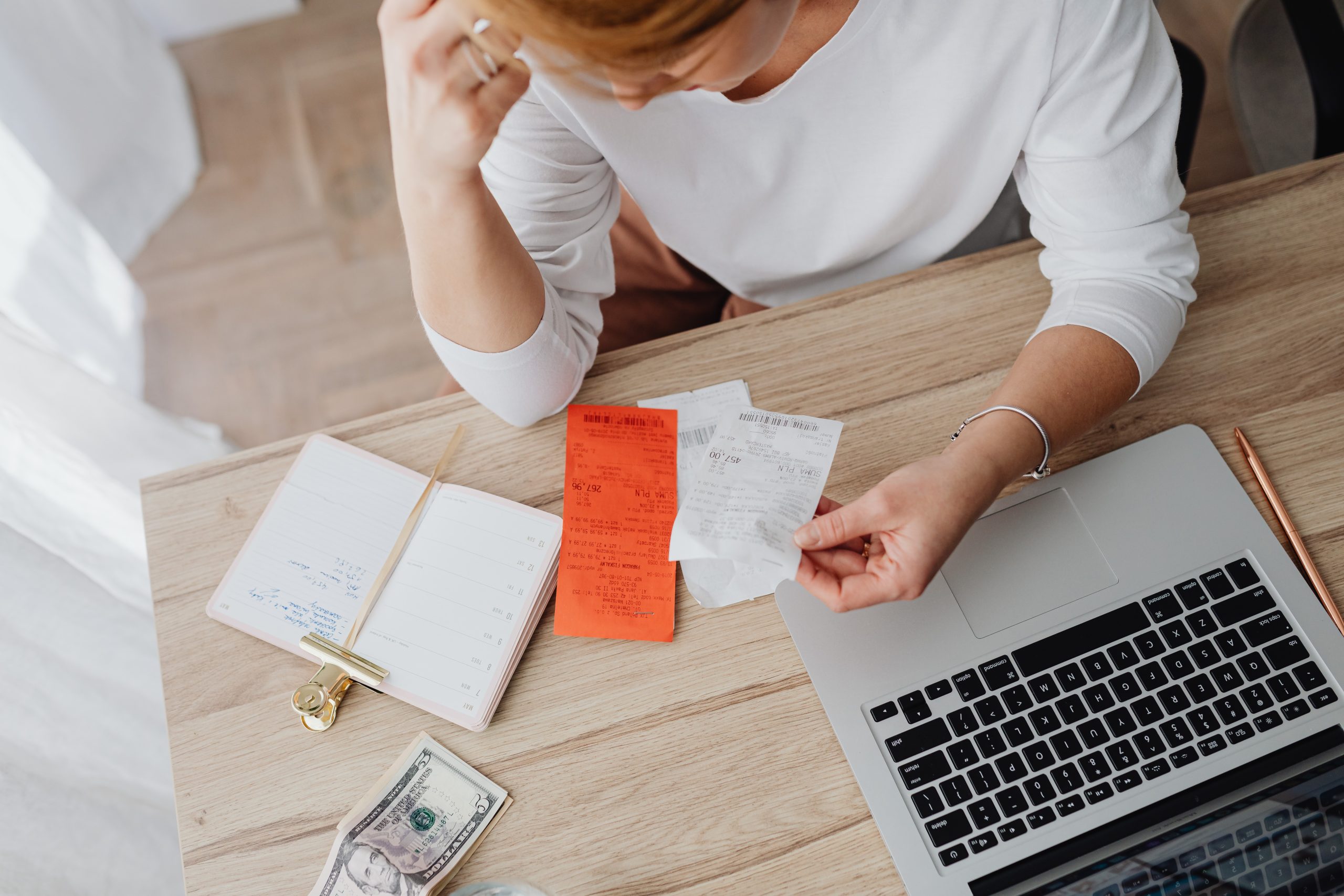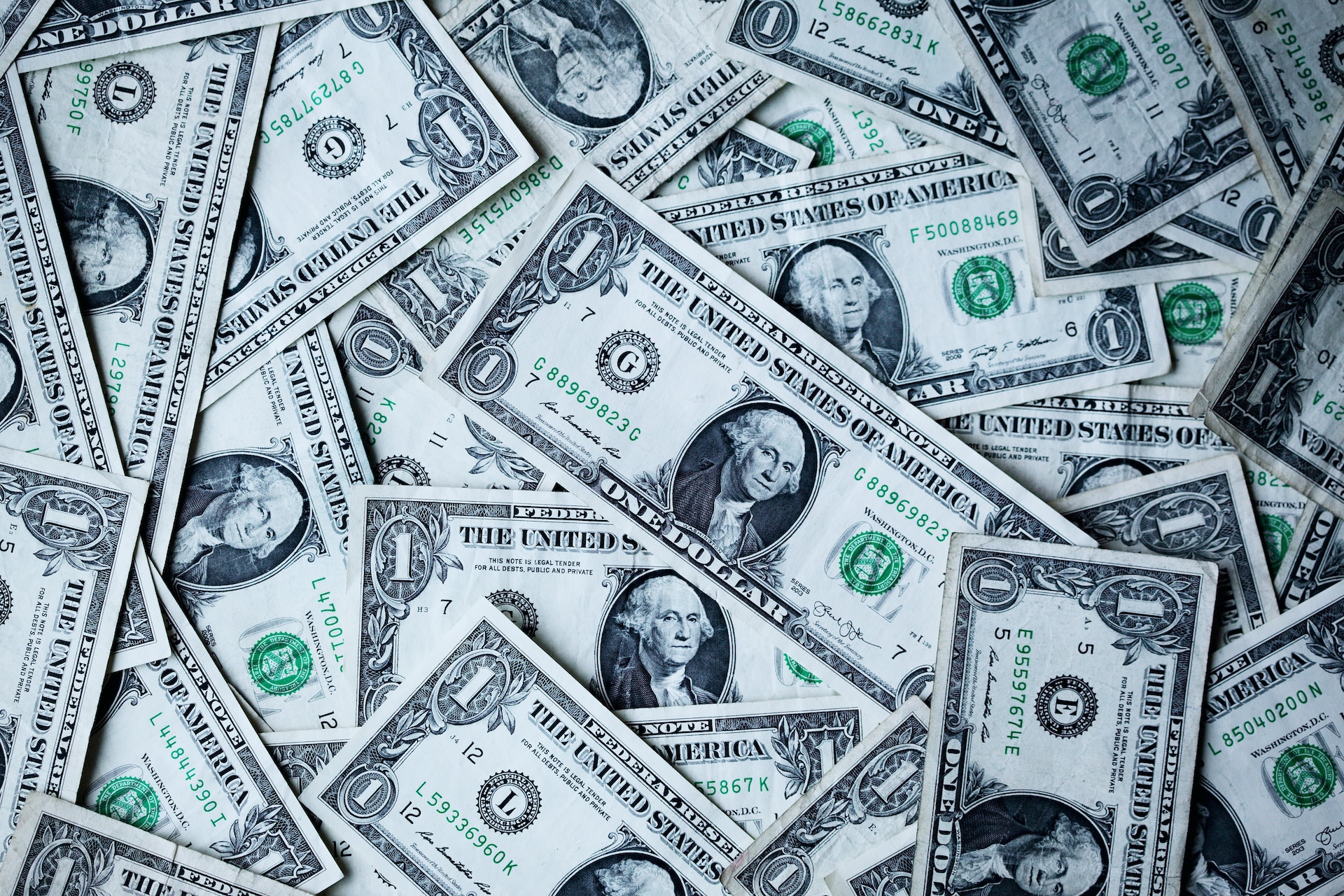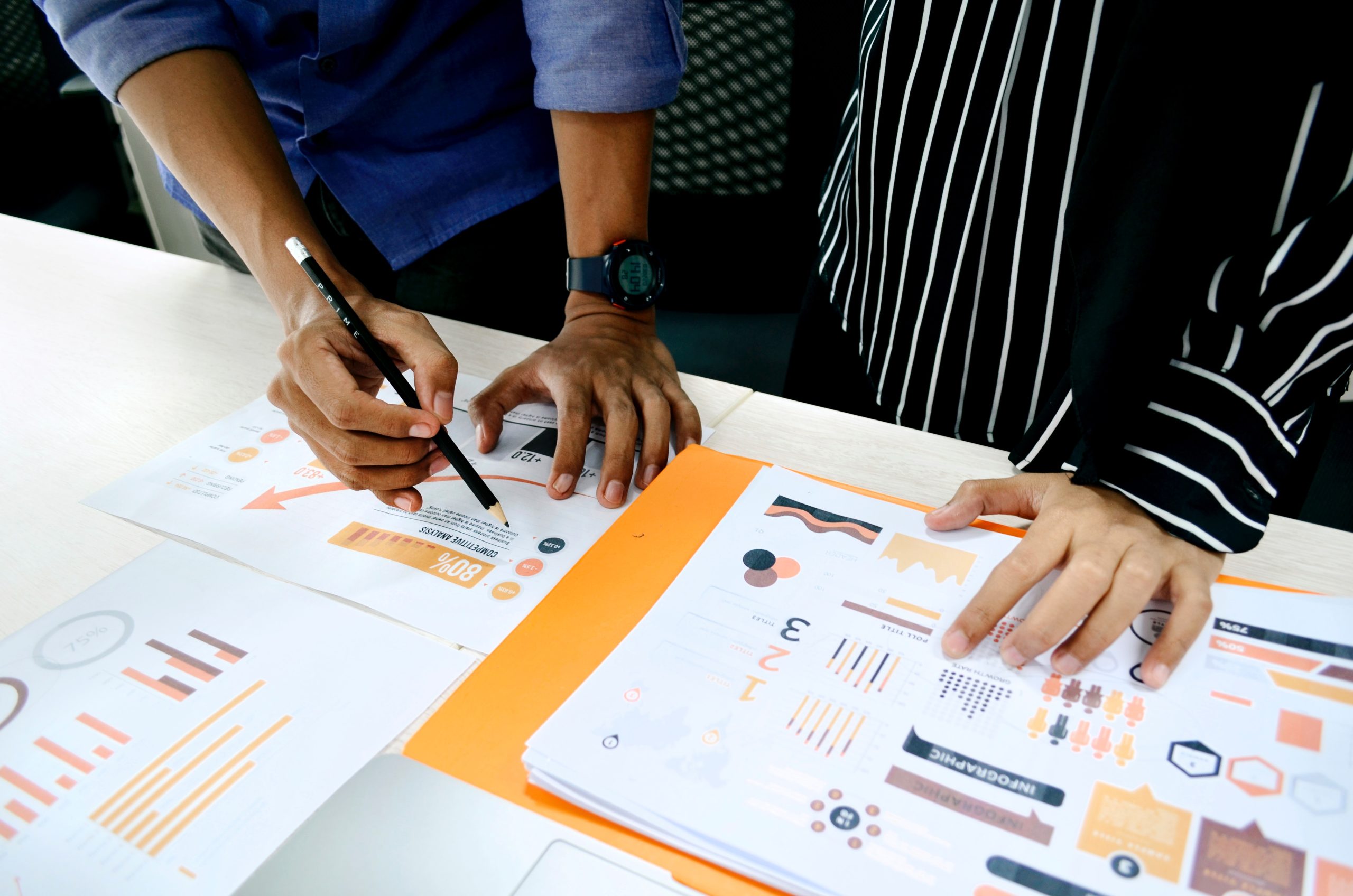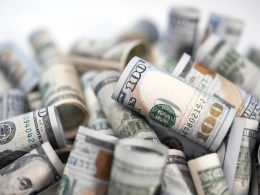The US economy has been on a rollercoaster lately. With the pandemic and subsequent economic downturn, it’s been hard to make predictions about where things are heading. But something that’s been consistent is that inflation has been steadily increasing. In this blog post, we will explore what US inflation is, why it’s accelerating to some of the fastest levels in years, and what this could mean for the future of the economy. We’ll also discuss how US citizens can adapt their financial strategies to account for the changing landscape.
What is inflation?
Inflation refers to the rate at which the prices of goods and services rise over time. The inflation rate is the percentage change in prices from one period to another. In the United States, inflation has been relatively low in recent years, but it has been gradually rising. In 2018, inflation reached 2.4%, its highest level since 2012.
There are two main types of inflation: demand-pull inflation and cost-push inflation. Demand-pull inflation occurs when there is too much money chasing too few goods. This can happen during periods of economic growth when demand for goods and services is growing faster than the supply. Cost-push inflation occurs when costs go up, such as when companies have to pay more for labor or raw materials. This type of inflation can lead to wage spirals, where workers demand higher wages to keep up with the cost of living, which causes businesses to raise prices even more.
Inflation can be good or bad depending on the situation. A little bit of inflation can be a good thing because it encourages spending and keeps businesses from laying off workers. But too much inflation can be a bad thing because it erodes purchasing power and makes people feel poorer. It can also lead to economic instability and even hyperinflation, which is characterized by very high rates of inflation that can spiral out of control.
How does inflation affect the economy?
Inflation in the United States is rising at one of the fastest rates in years, and this has economists concerned about the potential effects on the economy. While inflation is often thought of as bad for the economy, it can actually have both positive and negative effects.
On the positive side, inflation can boost economic growth by increasing demand for goods and services. When prices rise, consumers are more likely to purchase items before they become too expensive. This increased demand can lead to higher production levels and more jobs. Inflation can also encourage businesses to invest in new technologies and processes that improve efficiency and productivity.
On the negative side, inflation can erode purchasing power and reduce living standards. As prices increase, wages may not keep up, resulting in workers having less money to spend on everyday items. This can lead to a decrease in consumption and economic growth. Inflation can also create uncertainty, which can lead to lower investment levels.
While there are both positive and negative effects of inflation on the economy, economists generally believe that moderate inflation is best for overall economic growth.
What are the causes of inflation?
There are a few main factors that contribute to inflation:
- The first is an increase in the cost of raw materials and services. When the cost of these things goes up, it causes the price of finished goods to increase as well.
- Another factor is an increase in money supply. When there is more money available, people tend to spend more, which drives up prices.
- Lastly, inflation can also be caused by high demand for goods and services relative to the available supply. This can lead to bidding wars for scarce items, driving up prices even further.
Who does inflation impact the most?
Inflation can have a big impact on different groups of people in different ways. For example, people who are on a fixed income or have savings may find that their purchasing power decreases as prices go up. This can be a particular concern for elderly people living on a fixed income. On the other hand, people with debt may find that inflation can help them pay off their debts faster as the value of money decreases. In general, inflation tends to impact people with lower incomes more than those with higher incomes.
How can you protect yourself from inflation?
In order to protect yourself from inflation, you need to understand what it is and how it can affect your finances. Inflation is the rate at which prices for goods and services increase over time. The purchasing power of your money decreases as inflation goes up. That means that if you have $100 today, it will be worth less in the future when inflation is higher.
There are a few things you can do to help protect your finances from the effects of inflation:
- Save your money: Putting your money into savings account can help protect it from inflation. This is because when inflation goes up, so does the interest rate on savings accounts. That means you will earn more money on your savings, which can offset the effects of inflation.
- Invest in assets: Another way to protect yourself from inflation is to invest in assets such as property or stocks. These tend to go up in value as inflation increases, so you can offset the effects of inflation by investing in them.
- Use price indexing: When saving for retirement, one way to protect yourself from inflation is to use price indexing. This means that your investment portfolio will be automatically adjusted for changes in the consumer price index (CPI). This will help ensure that your retirement savings keep pace with inflation.
Conclusion
We can see from the data that US inflation has been on a steady rise for some time, and it is now reaching levels not seen in years. This is something we all need to pay attention to as it could have an effect on our spending habits and budgeting decisions. It’s important to stay up-to-date with economic news so you know how your financial situation may be affected by changes such as these, and take steps to mitigate any risks associated with them.











